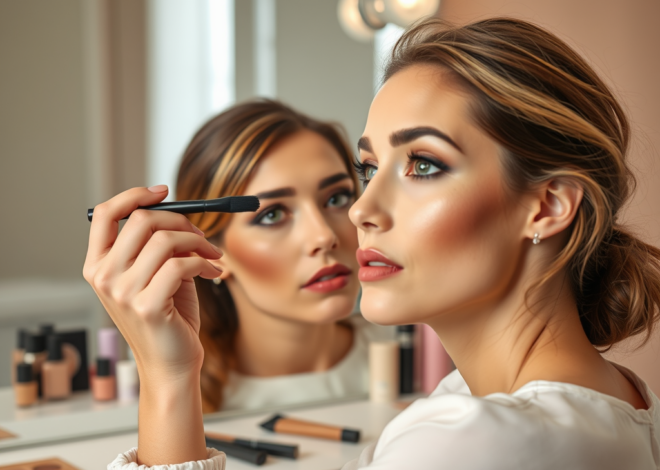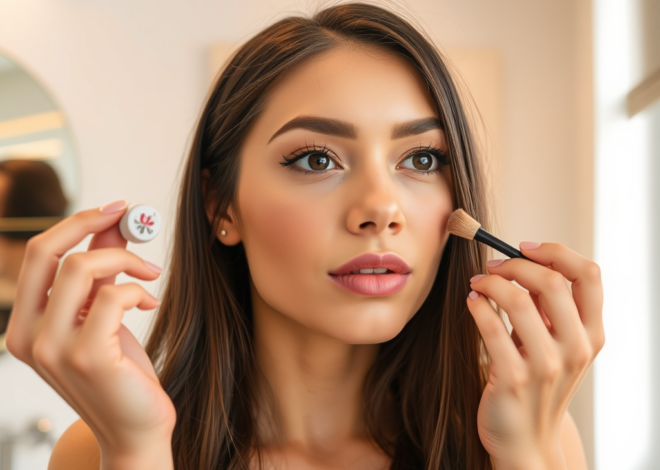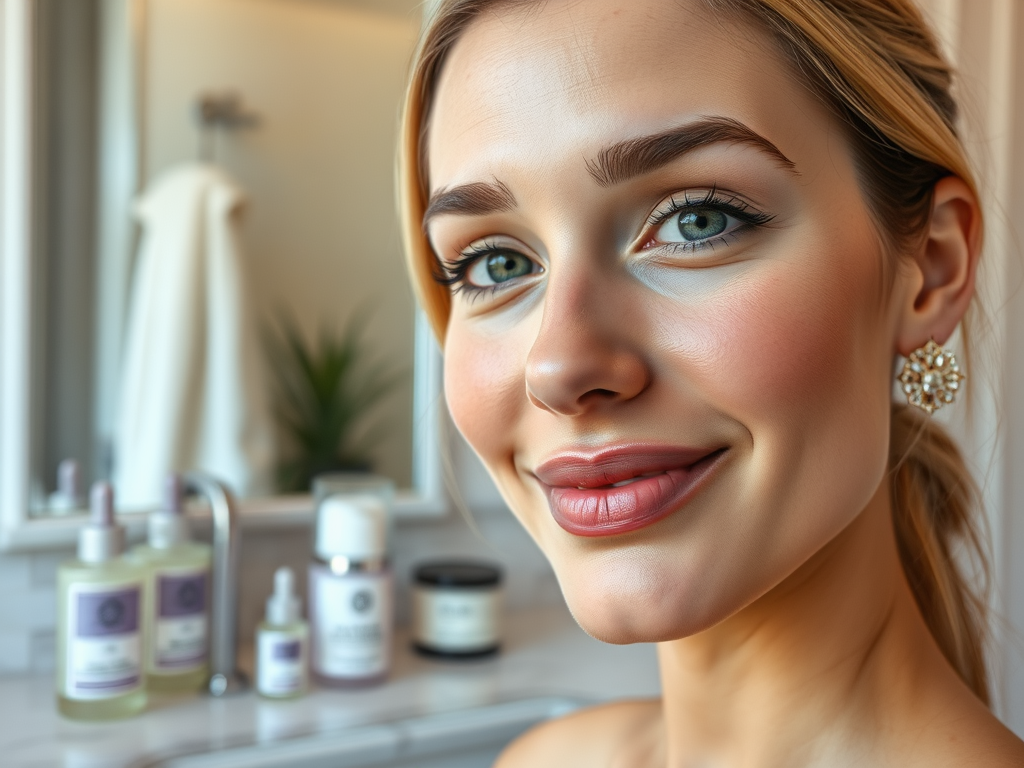
Hyaluronic Acid and Retinol: Power Players in Anti-Aging Skincare
If you’ve ever looked for the ultimate solution to preserve youthful skin, you’ve undoubtedly encountered the powerhouse duo of hyaluronic acid and retinol. These ingredients boast impressive accolades in the skincare world, celebrated for their anti-aging properties and ability to transform skin health. As you delve deeper into skincare products, understanding the distinct pathways through which these two agents work can empower you to achieve your skin goals. Imagine a world where dry, dull skin becomes a thing of the past, replaced instead by a plumper, more radiant complexion. Both hyaluronic acid and retinol have emerged as top contenders in the fight against aging, but when combined, they create a formidable arsenal against the test of time. Let’s explore what makes these ingredients indispensable for any skincare regimen aimed at combating the visible signs of aging.
What is Hyaluronic Acid?
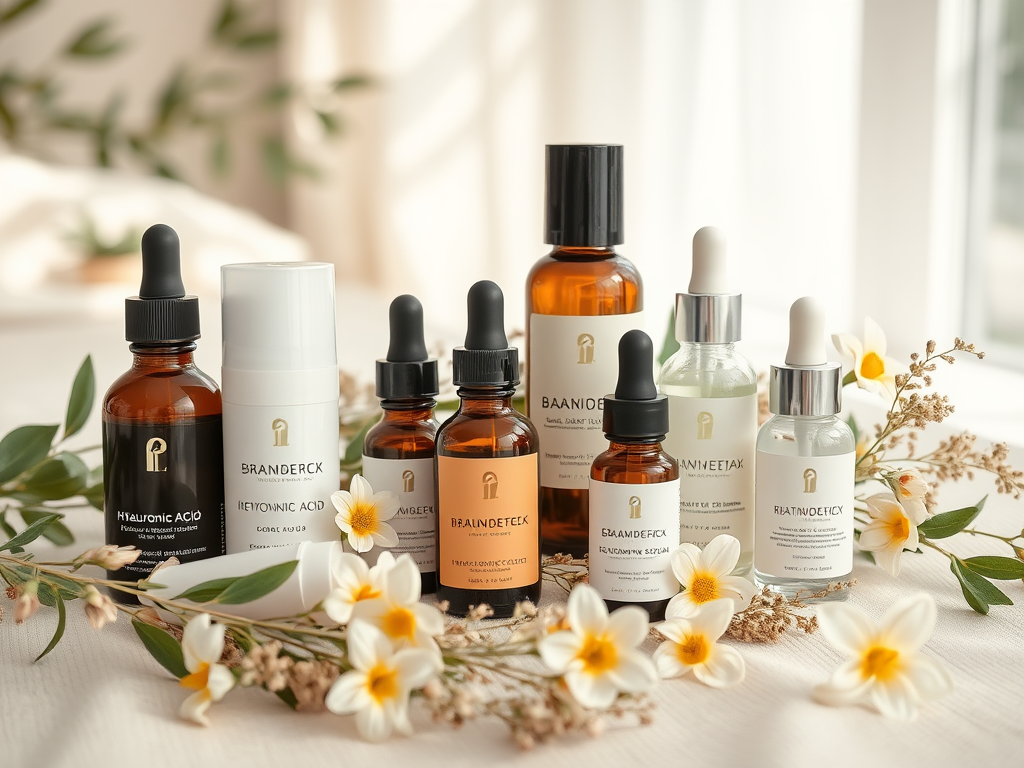
Hyaluronic acid is a naturally occurring substance in the body, found predominantly in connective tissues, skin, and cartilage. Its primary role is to retain moisture and keep the skin hydrated, which is crucial for maintaining a youthful appearance. As we age, our bodies produce less of this important compound, leading to dryness and the formation of wrinkles. By incorporating hyaluronic acid into your skincare routine, you can significantly mitigate these effects. It’s akin to giving your skin a refreshing drink of water! The ability of hyaluronic acid to hold up to 1,000 times its weight in water makes it a game-changer in achieving that coveted, dewy complexion.
- Deep Hydration: It helps to keep skin plump and moist.
- Texture Improvement: Hyaluronic acid promotes smoother, more refined skin.
- Elasticity: It improves skin elasticity, effectively reducing the appearance of fine lines.
- Healing Properties: It supports the skin’s barrier function and promotes healing, making it beneficial for all skin types.
What is Retinol?
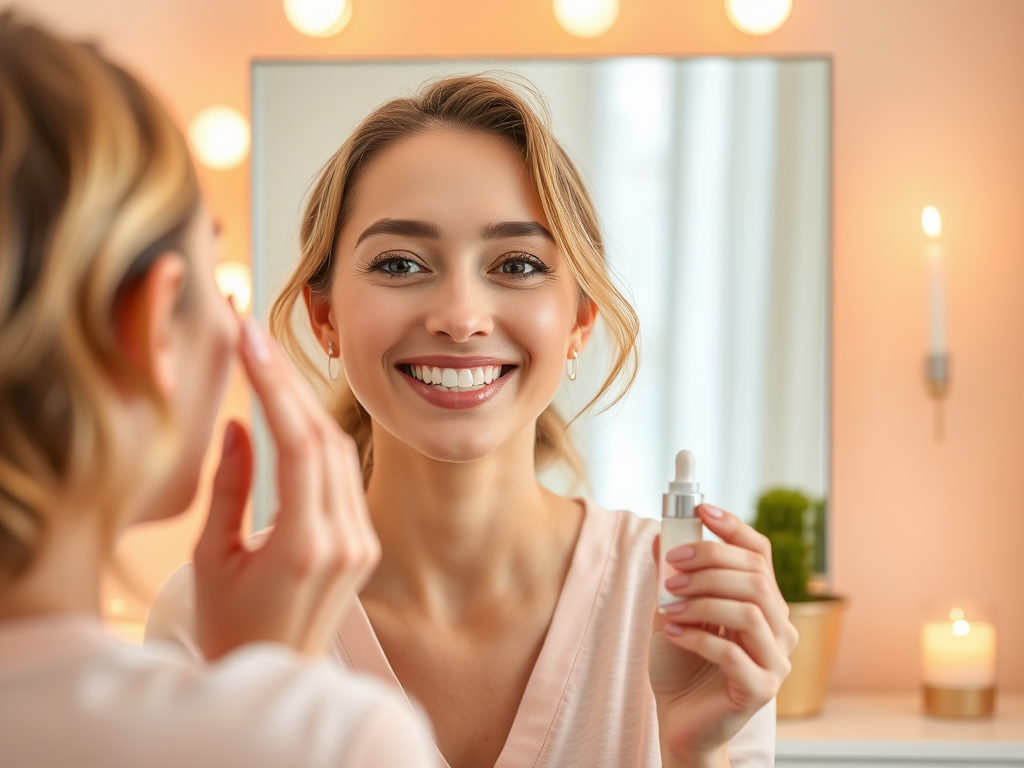
Retinol, a derivative of vitamin A, is revered for its ability to accelerate cell turnover and stimulate collagen production, both vital for youthful skin. With retinol, you’re not just dealing with the surface; it goes deep into the skin layers to rejuvenate and refresh. As we age, our skin’s natural renewal process slows down, leading to a buildup of dead skin cells and a lackluster, uneven complexion. Regular use of retinol can remedy this, promoting smoother skin and fewer visible signs of aging. Furthermore, retinol can assist in treating other skin concerns, such as acne and hyperpigmentation, making it a multi-faceted ingredient in skincare routines. It’s essential, however, to introduce it gradually to allow your skin to acclimate.
- Faster Cell Turnover: Encourages the shedding of dead skin cells.
- Collagen Boosting: Enhances the skin’s natural collagen production for a firmer appearance.
- Fine Line Reduction: Diminishes the appearance of wrinkles effectively.
- Even Skin Tone: Fades hyperpigmentation and age spots for a more uniform complexion.
How Hyaluronic Acid and Retinol Work Together
When combined, hyaluronic acid and retinol create a powerful anti-aging duo that targets multiple skin concerns simultaneously. Often, one of the main drawbacks of retinol is its potential to cause dryness and irritation, especially in sensitive skin. This is where hyaluronic acid steps in, offering essential hydration that leads to improved comfort levels. In fact, many individuals find that incorporating hyaluronic acid into their routine significantly reduces redness and flakiness associated with retinol use. Moreover, the hydrating properties of hyaluronic acid may also enhance the absorption of retinol, allowing it to penetrate more effectively and yield maximum results. By striking this balance between hydration and exfoliation, you can embrace age-defying skin without compromise.
| Ingredient | Main Benefits | Application Tips |
|---|---|---|
| Hyaluronic Acid | Deep hydration, texture improvement | Can be used morning and night |
| Retinol | Cell turnover, fine line reduction | Use primarily at night |
When to Use Hyaluronic Acid and Retinol
Understanding how to properly incorporate these powerful ingredients into your skincare routine is vital for achieving optimal results. It is recommended to start with retinol, as applying it on clean skin allows for better absorption. Following that, applying hyaluronic acid will help to seal in moisture and keep the skin feeling hydrated. You can use retinol primarily at night, as it may increase photosensitivity. Alternatively, hyaluronic acid can be applied both day and night for continuous hydration. Additionally, conducting a patch test before introducing any new product into your routine can help prevent adverse reactions and ensure compatibility with your skin type.
Conclusion
Hyaluronic acid and retinol emerge as undeniably powerful ingredients in the realm of anti-aging skincare. Each ingredient brings something unique to the table, allowing for a comprehensive approach to youthful skin. By understanding their individual benefits, along with their synergistic powers when combined, you can tailor a skincare routine that effectively addresses the signs of aging. This procedure not only promotes enduring youthful beauty but also elevates overall skin health. Embracing a consistent regimen that includes both of these ingredients could lead to transformative results, unveiling a more radiant, vibrant complexion.
Frequently Asked Questions
- What age should I start using hyaluronic acid? You can start using hyaluronic acid at any age, especially if you have dry skin. It is safe for all skin types.
- Can I use retinol and hyaluronic acid together? Yes, they can be used together. Apply retinol first followed by hyaluronic acid to enhance hydration.
- Is retinol safe for sensitive skin? Retinol can be irritating for sensitive skin. It’s best to start with a lower concentration and gradually increase usage.
- How often should I use retinol? Begin using retinol once or twice a week, and gradually increase frequency as your skin tolerates it.
- Does hyaluronic acid expire? Hyaluronic acid typically has a shelf life of about three years, but always check the product packaging for specific expiration dates.

